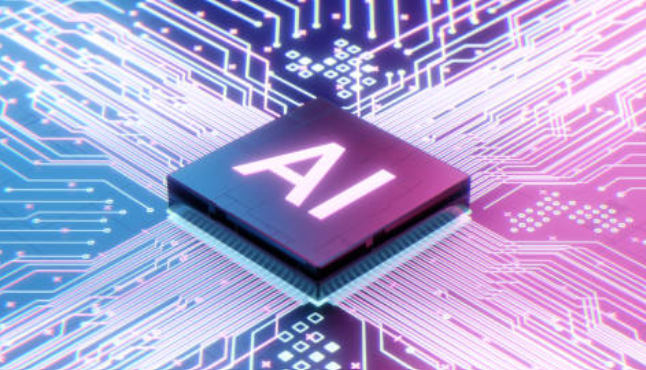
Artificial Intelligence (AI) has stormed the global stage in the 21st century, and with its remarkable growth and capabilities, one aspect of AI, known as Generative AI, has attracted considerable interest. This article delves into the nuanced world of Generative AI, exploring the legal implications that arise with its use in Australia.
1. Understanding Generative AI
Generative AI refers to a subfield of artificial intelligence that leverages machine learning algorithms to produce content. This could range from generating human-like text, creating new designs, composing music, to even developing video content. Models like OpenAI’s GPT-series are renowned examples of Generative AI.
The underlying architecture of these models is a neural network trained on a diverse range of internet text. However, GPT-3, the latest and most potent model, contains 175 billion machine learning parameters that provide it with an unparalleled ability to generate human-like text, making it virtually indistinguishable from content created by humans.
2. Legal Implications of Generative AI in Australia
The rising prevalence of Generative AI raises several pressing legal issues. Here, we consider three significant areas: intellectual property rights, privacy laws, and liability.
a) Intellectual Property (IP) Rights
The ability of Generative AI to produce original content raises complex issues around intellectual property rights. Under the current Australian Copyright Act 1968 (Cth), copyright protection is extended to original literary, dramatic, musical and artistic works, with authorship typically attributed to humans. However, the Act does not provide clarity on AI-generated works.
Does AI, then, have the capacity for authorship? If an AI creates a piece of music, does it own the copyright? Or does the copyright belong to the AI’s developers, or perhaps the user who commanded the AI to generate the piece? These questions lack definitive answers under the current Australian legal framework.
b) Privacy Laws
Generative AI systems, including chatbots and virtual assistants, often require significant amounts of data for training and operation. This raises concerns regarding privacy. Australia’s Privacy Act 1988 (Cth) governs how personal information should be handled. However, the Act was created before the advent of advanced AI technologies and may not be entirely equipped to deal with the unique challenges they present.
In particular, Generative AI’s ability to produce highly personalised content could potentially be misused, leading to breaches of privacy. Careful consideration and potentially legislative amendments may be needed to ensure the Privacy Act is suitable for the AI era.
c) Liability
Determining liability in cases where AI systems cause harm is another legal conundrum. For instance, if a Generative AI system generates defamatory text, who is liable? Is it the developer of the AI, the user, or the AI itself?
In Victoria, we the relevant legislation is the Wrongs Act 1958 (Vic) with regard to negligence and the Defamation Act 2005 (Vic) for defamation in Victoria.
The current Australian legal system, like many others, is predicated on the idea that liability attaches to persons – either natural or legal. AI systems, however, fit into neither of these categories. They are not natural persons, and whilst they may be owned or controlled by legal persons (like corporations), they have capacities for autonomous action that complicate traditional liability frameworks.
3. The Path Forward
Given these challenges, there is a clear need for the Australian legal system to evolve. We at Cogent Legal are working on new models to reconsider traditional concepts of authorship, re-evaluate our privacy laws, and devise new rules for liability that take into account the unique characteristics of AI systems to be ready as these lawsuits begin to eventuate in Australia.
The process of legal reform will undoubtedly be complex and may take time. However, it is necessary to ensure that as we embrace the significant benefits that Generative AI offers, we do so in a way that upholds the principles of justice, fairness, and accountability that underpin our legal system.
In conclusion, the rise of Generative AI presents both remarkable opportunities and formidable legal challenges. It is an area where the law needs to catch up with the technology. As legal practitioners in Australia, it falls to us to grapple with these challenges, engage in informed debate, and help shape the legal structures that will govern the use of this promising technology.
Contact Cogent Legal to discuss any matters of Intellectual Property, IP Law, privacy and defamation.